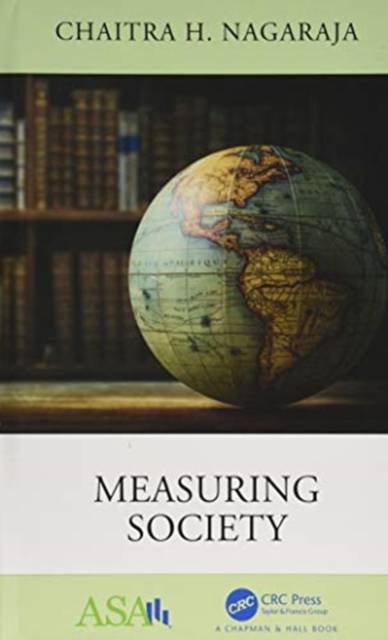
- Retrait gratuit dans votre magasin Club
- 7.000.000 titres dans notre catalogue
- Payer en toute sécurité
- Toujours un magasin près de chez vous
- Retrait gratuit dans votre magasin Club
- 7.000.000 titres dans notre catalogue
- Payer en toute sécurité
- Toujours un magasin près de chez vous
Description
Collecting and analyzing data on unemployment, inflation, and inequality help describe the complex world around us. When published by the government, such data are called official statistics. They are reported by the media, used by politicians to lend weight to their arguments, and by economic commentators to opine about the state of society. Despite such widescale use, explanations about how these measures are constructed are seldom provided for a non-technical reader.
This Measuring Society book is a short, accessible guide to six topics: jobs, house prices, inequality, prices for goods and services, poverty, and deprivation. Each relates to concepts we use on a personal level to form an understanding of the society in which we live: We need a job, a place to live, and food to eat.
Using data from the United States, we answer three basic questions: why, how, and for whom these statistics have been constructed. We add some context and flavor by discussing the historical background. This book provides the reader with a good grasp of these measures.
Spécifications
Parties prenantes
- Auteur(s) :
- Editeur:
Contenu
- Nombre de pages :
- 176
- Langue:
- Anglais
- Collection :
Caractéristiques
- EAN:
- 9780367275174
- Date de parution :
- 18-07-19
- Format:
- Livre relié
- Format numérique:
- Genaaid
- Dimensions :
- 147 mm x 221 mm
- Poids :
- 430 g







